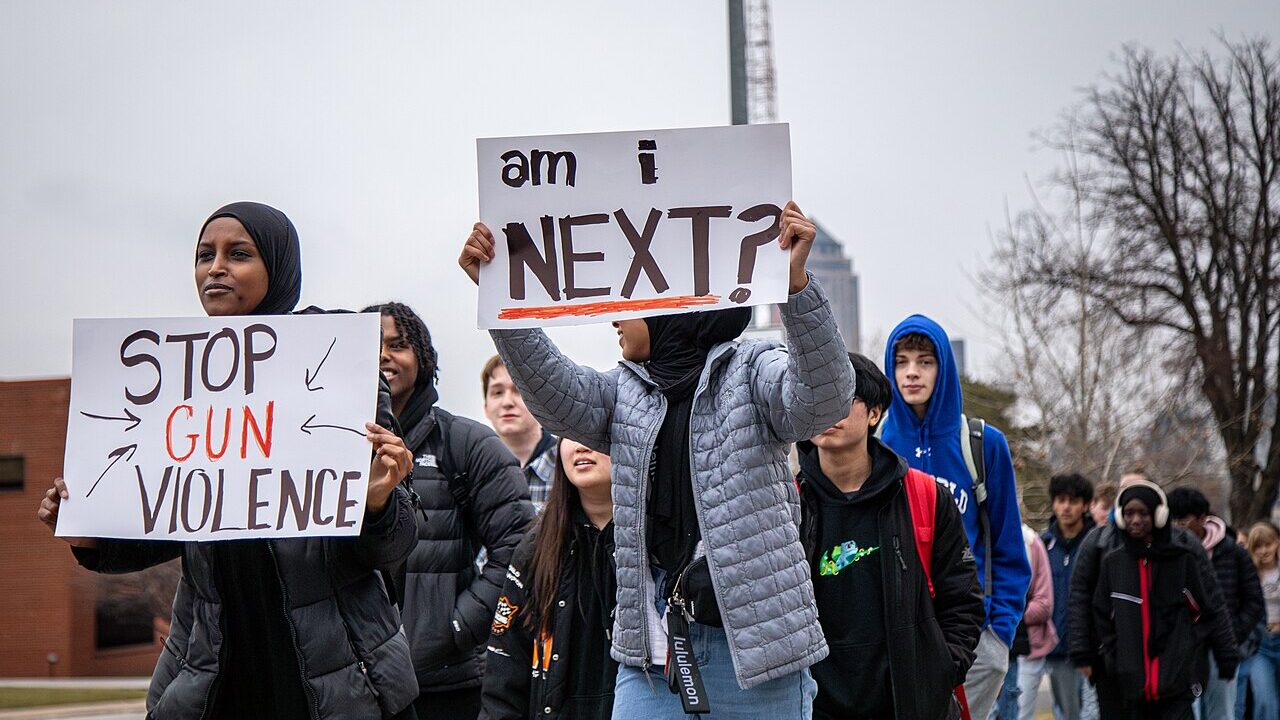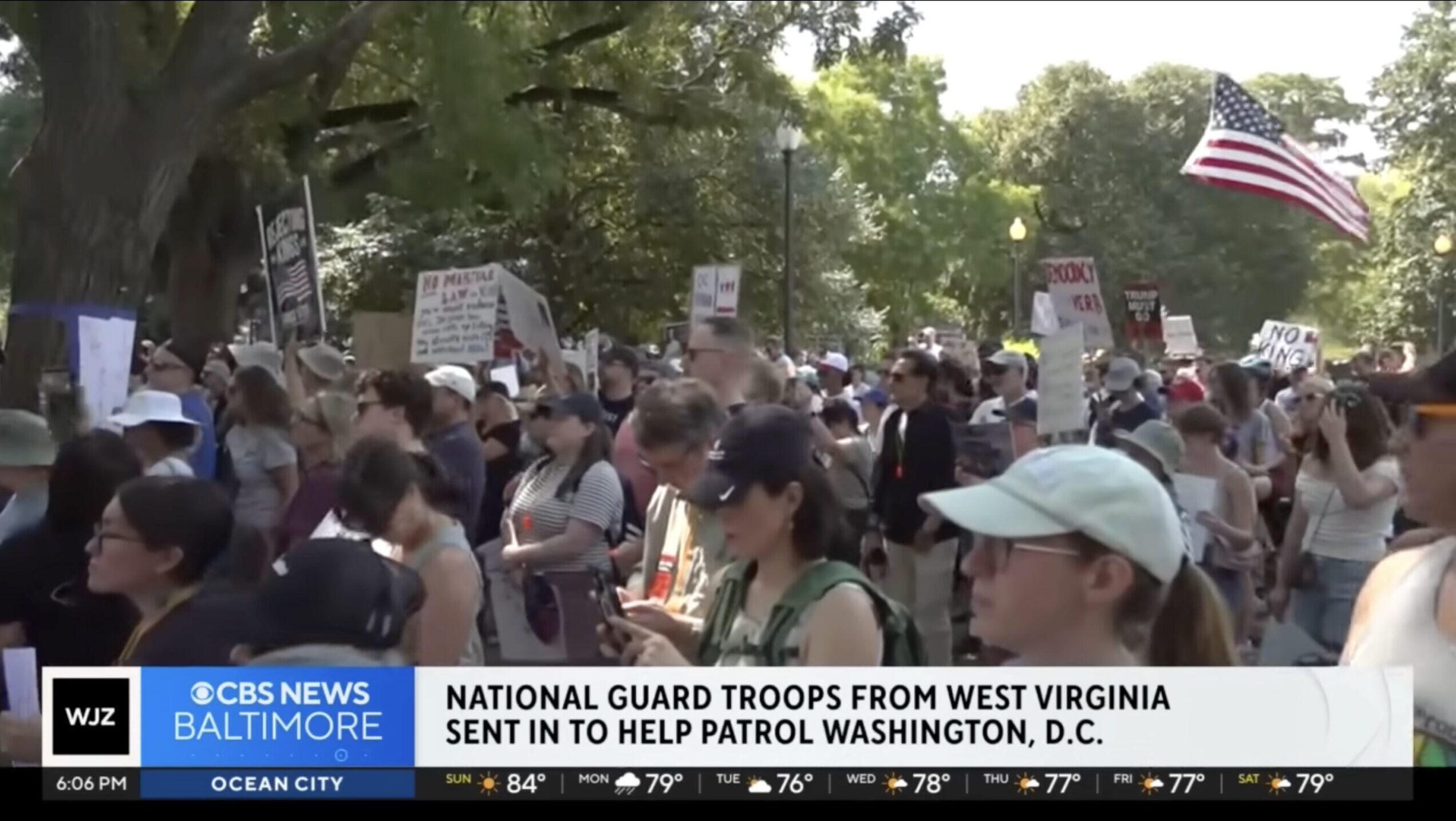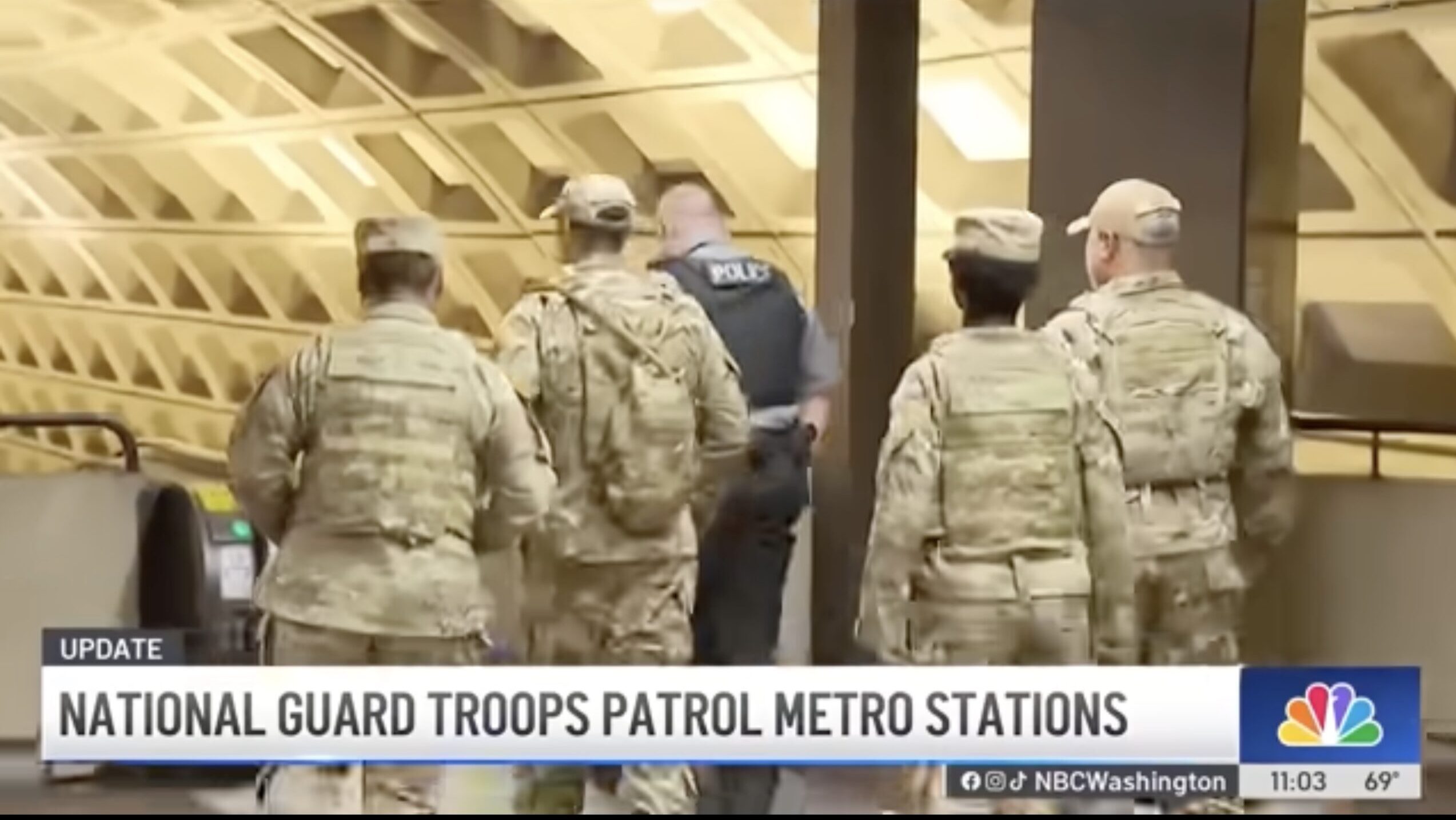A shooting at a Catholic elementary school on Wednesday left two children dead and over a dozen others injured. The incident, which occurred during morning Mass, has ignited a national conversation about gun violence, revealing starkly different perspectives between political factions.
The shooter, identified as Robert Westman, later known as Robin, was reportedly suffering from severe mental health issues. According to reports, Westman had a history of delusions regarding gender identity, which were supported by family members. His mother legally changed his name in 2020 when he was still a minor, as reported by the New York Post. A manifesto attributed to Westman expresses anti-Trump and anti-Catholic sentiments, raising questions about the motivations behind the attack.
Critics from the right argue that the focus should not solely be on gun violence but rather on the mental health issues that contributed to this tragedy. They contend that the incident highlights a deeper societal problem. “This wasn’t about gun violence. It was about a mentally ill individual acting out his hatred toward Trump and Christians,” a conservative commentator stated.
In contrast, many on the left have emphasized the need for stricter gun control measures. They argue that the presence of a firearm in such situations is a critical factor that must be addressed. For instance, Chicago Mayor Brandon Johnson remarked in 2023 regarding youth violence, stating, “While their behavior is unacceptable, it’s not constructive to demonize young people who have been starved of opportunities.”
The left’s approach often includes a broader discussion about socioeconomic factors contributing to violence. Democratic Representative Alexandria Ocasio-Cortez has previously suggested that economic hardship can lead to criminal behavior, saying, “Do we think this has to do with the fact that people are at a level of economic downturn sparked by the coronavirus pandemic?”
In the wake of the school shooting, some critics have pointed out a perceived inconsistency in media coverage of gun violence. They note that while high-profile incidents receive extensive attention, similar tragedies in urban areas often go unnoticed. For example, between Tuesday and Wednesday, two men were killed and three others injured in separate shootings in the Bronx, New York, but these incidents did not garner the same level of national coverage.
This disparity has led to accusations that some political factions exploit certain tragedies to further their agendas. “The left cynically exploits tragedies that they can use to manipulate Americans into giving up their rights,” a conservative analyst claimed.
Supporters of gun control argue that the focus should remain on preventing future incidents through legislation. They assert that the presence of firearms in society increases the likelihood of such tragedies occurring. Advocates for stricter gun laws are calling for comprehensive reforms to address what they see as a public health crisis.
As the debate continues, the question remains whether a consensus can be reached on how to address gun violence in America. The tragedy at the Catholic school serves as a painful reminder of the complexities surrounding this issue, where mental health, societal factors, and gun control intersect.
The national conversation is likely to evolve as more details emerge about the shooter and the circumstances surrounding the attack. In the meantime, families and communities are left to grapple with the aftermath of this devastating event.
READ Trump Revokes Secret Service Protection for Kamala Harris Ahead of Book Tour



